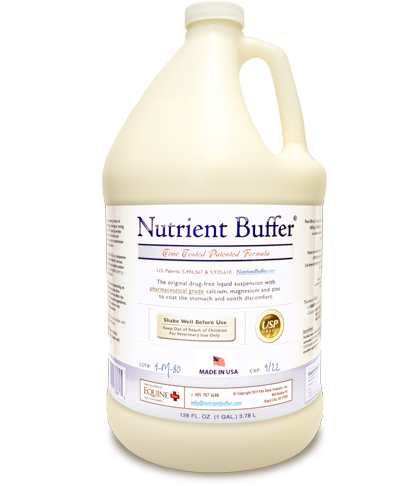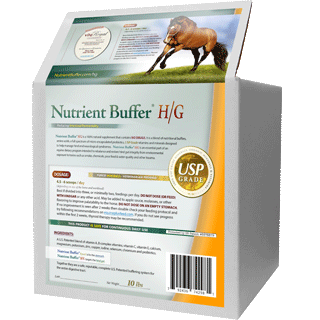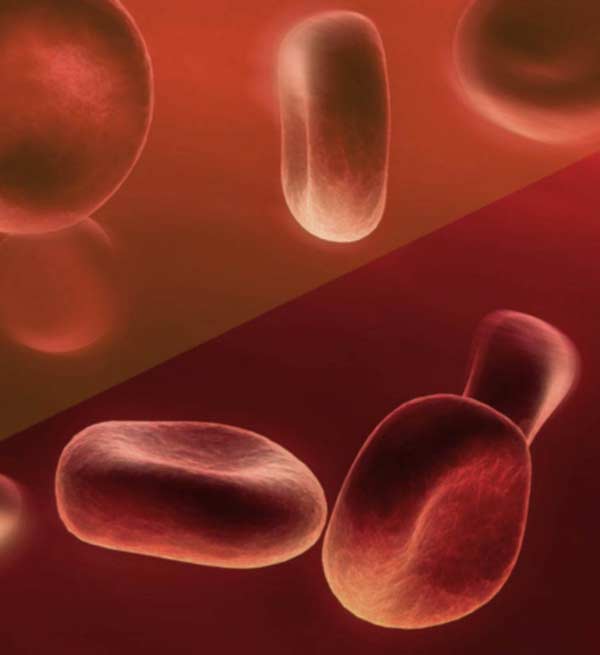
Neutralize EXCESS Stomach Acid Which Causes Ulcers
Our unique ratio of minerals in a stabilized emulsion helps neutralize excess acidity that leads to ulcers. Nutrient Buffer® does not inhibit acid production in the stomach because digestive acid is necessary for proper digestion and absorption of food nutrients.






